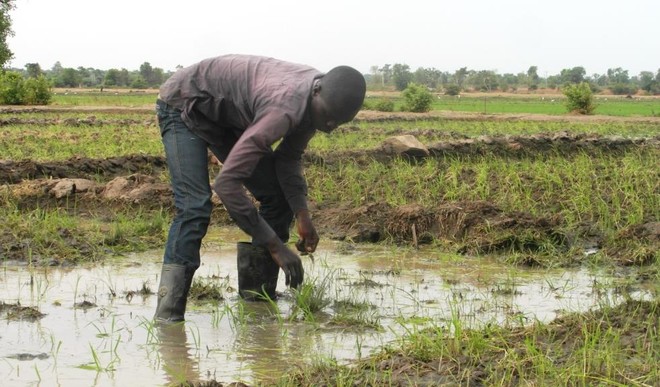Yobe Fadama lll trains specialists on modern agricultural extension
FADAMA III AFII project in Yobe state has trained agricultural specialists on modern agricultural extension and data capturing to improve the livelihood of Internally Displaced Persons (IDPs) who have returned to farming in the liberated communities. Speaking during the closure of a three-day workshop organised by project in Damaturu, the state coordinator, Musa Garba, said […]


FADAMA III AFII project in Yobe state has trained agricultural specialists on modern agricultural extension and data capturing to improve the livelihood of Internally Displaced Persons (IDPs) who have returned to farming in the liberated communities.
Speaking during the closure of a three-day workshop organised by project in Damaturu, the state coordinator, Musa Garba, said the beneficiaries were trained as subject specialists to provide advisory services on improving livelihood of farmers in the liberated communities.
"They would in turn train agricultural extension agents on basic extension services and techniques in crop production, livestock and fishery.
"The participants drawn from the four agricultural zones of the state, would also provide them with new techniques on seeds selection, fertilizer applications, disease detection and control, livestock and fishery production among other related fields. Especially, the suitability of land for cultivation, type of crop for specific soils and use of fertilizers.
A participant, Bila Ali, lamented that the state uses research documented over 30 years ago despite new Available research calling on stakeholders to access new and relevant information that would be beneficial to the farmers.
In a related development, the Fadama lll AF ll project also trained twenty seven Facilitators on the use of PANEX Software to capture farmers data and tracking impact and replications of the Livelihood and Infrastructural supports they benefitted from the project.
The training would afford the Facilitators the opportunity to monitor and capture data of Internally Displaced Persons, Returnees and Members of host communities and determine the progress or otherwise of the intervention.
